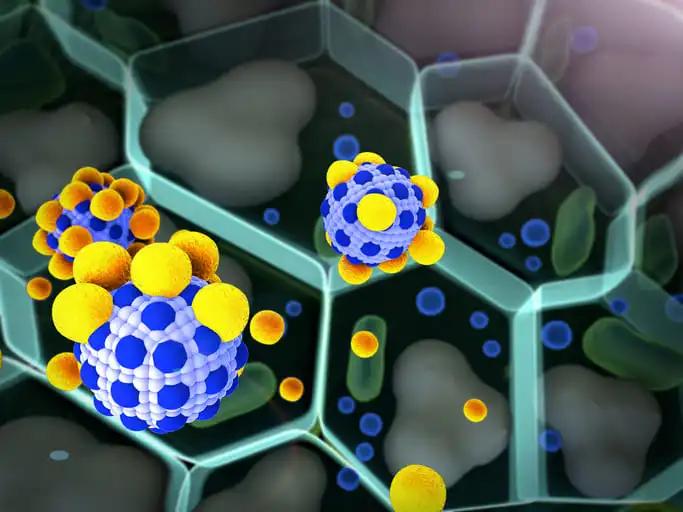KEY TAKEAWAYS
- The phase II study assessed the efficacy of Isatuximab, Carfilzomib, Lenalidomide, and Dexamethasone in newly diagnosed HR MM pts.
- The study suggested that Isa-KRd induced strong, sustained MRD negativity in ND HRMM.
The attainment of minimal residual disease negativity (MRD–) is directly associated with improved survival rates and is crucial for HR MM pts. In this context, the GMMG-CONCEPT phase II multi-institutional academic trial (NCT03104842) examined the efficacy of a four-drug regimen—Isatuximab, Carfilzomib, Lenalidomide, and Dexamethasone—in newly diagnosed HR MM pts, irrespective of their eligibility for transplantation. Preliminary analysis indicated promising MRD– rates post-consolidation in both transplant-eligible (TE) and -ineligible (TNE) groups.
High-risk MM is characterized by either ISS stage 2 or 3, coupled with specific cytogenetic abnormalities such as del17p, t(4;14), t(14;16), or amplification of 1q21 (amp1q21). All patients were treated with an Isa-KRd induction regimen, consolidation, and Isa-KRd maintenance. The TE group underwent high-dose therapy, while the TNE group received additional Isa-KRd cycles. Progression-free survival (PFS) was gauged as either disease progression or death, based on which comes first. Data was current as of December 1, 2022.
In the study, 125 pts were evaluated for the primary endpoint, segmented into 99 TE-ITT-IA and 26 TNE-ITT participants, as per the trial design. The assessments of sustained MRD– and progression-free survival (PFS) were based on the complete first cohort of 127 TE and 26 TNE pts. The median ages were 58 and 74 for the TE-ITT-IA and TNE-ITT groups, respectively. Del17p was the most prevalent high-risk cytogenetic abnormality (HRCA), followed by t(4;14) and amp1q21. Approximately 31.3% of TE and 26.9% of TNE pts exhibited multiple HRCAs, classifying them as ultra-high risk. The trial achieved its primary goal, reporting MRD– rates of 67.7% for TE and 54.2% for TNE pts after the consolidation phase.
Among TE pts, 84.4% reached MRD– at some stage, with 72.0% and 64.0% maintaining it for at least 6 and 12 months, respectively. For TNE pts who achieved MRD– (69.2%), the rates slightly dipped to 53.8% for 6 months and 46.2% for 12 months. Neither group reached the median PFS during a median follow-up period of 40 months for TE and 33 months for TNE. An exploratory analysis of PFS unveiled 1-year rates of 86.4% for TE-ITT and 75.1% for TNE-ITT, with 2-year rates of 78.3% and 62.6%, respectively. Subsequent analyses revealed that those with elevated LDH levels or multiple HRCAs were less likely to achieve MRD– and had a reduced PFS. No new safety concerns have been reported since the last update.
The Isa-KRd combination demonstrated encouraging rates of sustained MRD– in ND HRMM pts, thereby delaying median PFS. Among the HR markers, elevated LDH levels and co-existence of ≥2 HRCA and del17p are indicative of lower MRD– and PFS, helping identify the highest-risk HR MM subgroups.
Source: https://imsannual2023.eventscribe.net/fsPopup.asp?PresentationID=1302373&mode=presInfo
Clinical Trial: https://classic.clinicaltrials.gov/ct2/show/NCT03104842
Leypoldt, L.B. Analysis of sustained MRD-negativity and Progression-free Survival of Isa-KRd in High-Risk Newly Diagnosed Multiple Myeloma – Additional Data from Planned Interim Analysis of the GMMG-CONCEPT Trial.



